Many of America’s most iconic cities were not always known by their current names. Some were founded under different names, reflecting the diverse cultural and historical influences shaping the United States.
We have researched various online forums to compile a list of the original names of 12 well-known U.S. cities.
New York City – Originally New Amsterdam

Founded by Dutch settlers in 1624 on the southern tip of Manhattan Island, New York City began its journey under a different name: New Amsterdam. In 1664, the English seized control of the city and renamed it New York in honor of the Duke of York, who later became King James II of England. This change marked the beginning of a new era, setting the stage for New York City’s transformation into the bustling metropolis it is today.
Chicago – Originally Checagou
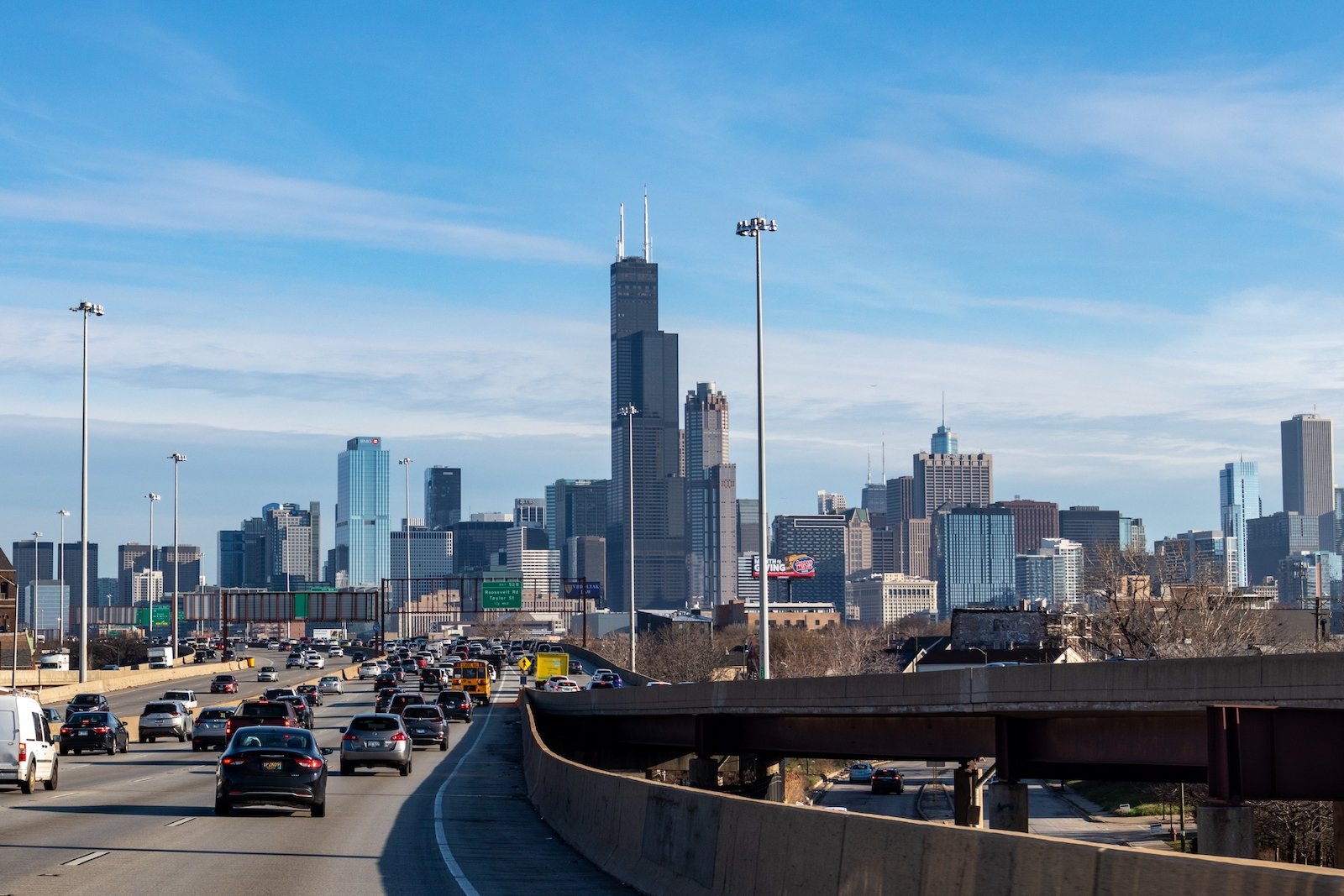
Chicago was initially known as Checagou, a name derived from the Native American word for wild garlic or onion, which grew abundantly in the area. Founded as a town in 1833, Checagou’s early development was influenced by its strategic location along Lake Michigan. As the city grew, the spelling and pronunciation evolved from “Checagou” to “Chicago,” which later became a crucial player in the nation’s economy.
Boston – Originally Trimountaine

One of the oldest cities in the United States, Boston, was initially called Trimountaine, referring to the three prominent hills upon which the city was built. In 1630, English Puritans from Boston, Lincolnshire, England, settled in, founded the city and renamed it after their birthplace. It quickly became a center of political and social life in the New England colonies.
Los Angeles – Originally El Pueblo de Nuestra Señora la Reina de los Ángeles
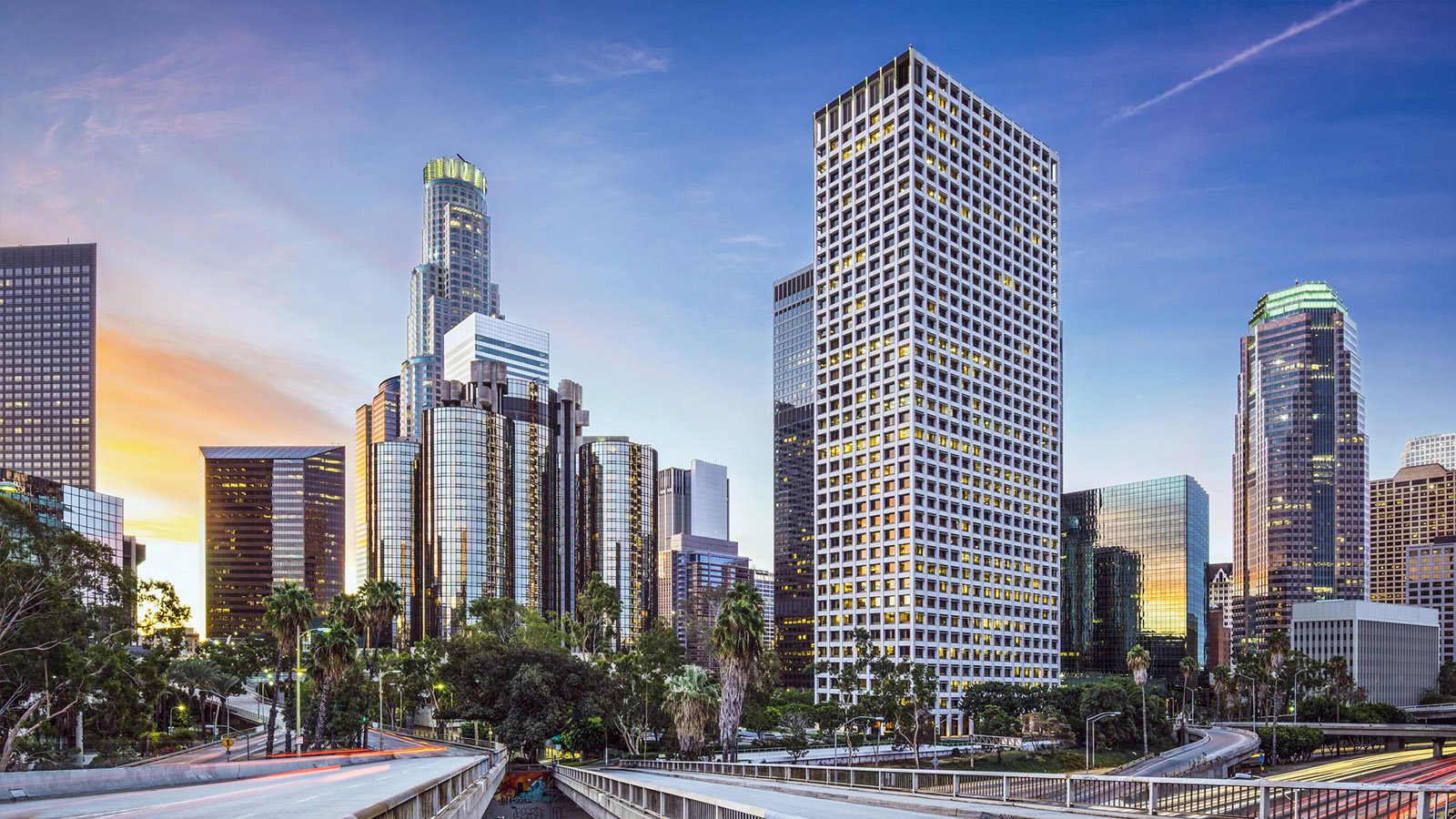
Founded in 1781, Los Angeles was originally a small Spanish settlement named El Pueblo de Nuestra Señora la Reina de los Ángeles, which means “The Town of Our Lady the Queen of the Angels.”
Over time, this long name was shortened to simply “Los Angeles” for practicality. The city grew slowly during its early years under Spanish and later Mexican control. Still, it expanded rapidly following California’s admission to the United States in 1850.
Philadelphia – Originally New Sweden

Philadelphia has its roots in a Swedish settlement known as New Sweden, established in 1638 along the Delaware River. However, the area came under English control in 1664, and in 1682, William Penn founded the city of Philadelphia, which means “City of Brotherly Love.”
This new name reflected Penn’s Quaker beliefs in tolerance and peace. Philadelphia quickly grew into one of the most important cities in colonial America, serving as the meeting place for the Founding Fathers during the American Revolution.
San Francisco – Originally Yerba Buena
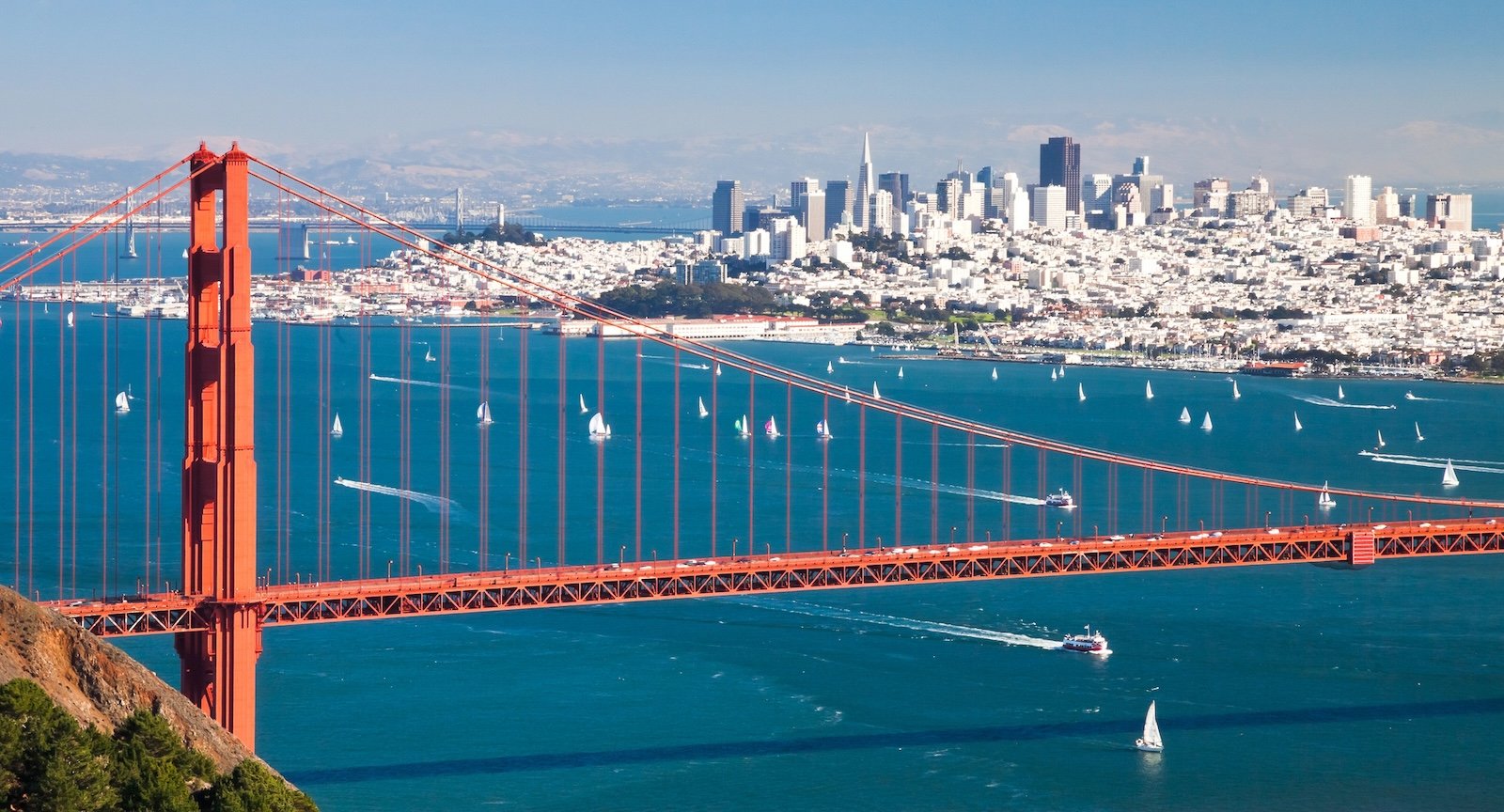
San Francisco originally bore the name Yerba Buena, which means “good herb” in Spanish, a reference to the fragrant native plant that grew in the area. Established as a mission in 1776, Yerba Buena remained a small settlement until the Mexican-American War, when the United States claimed it in 1846. Following this, the town was renamed San Francisco in honor of Saint Francis of Assisi.
Houston – Originally Harrisburg
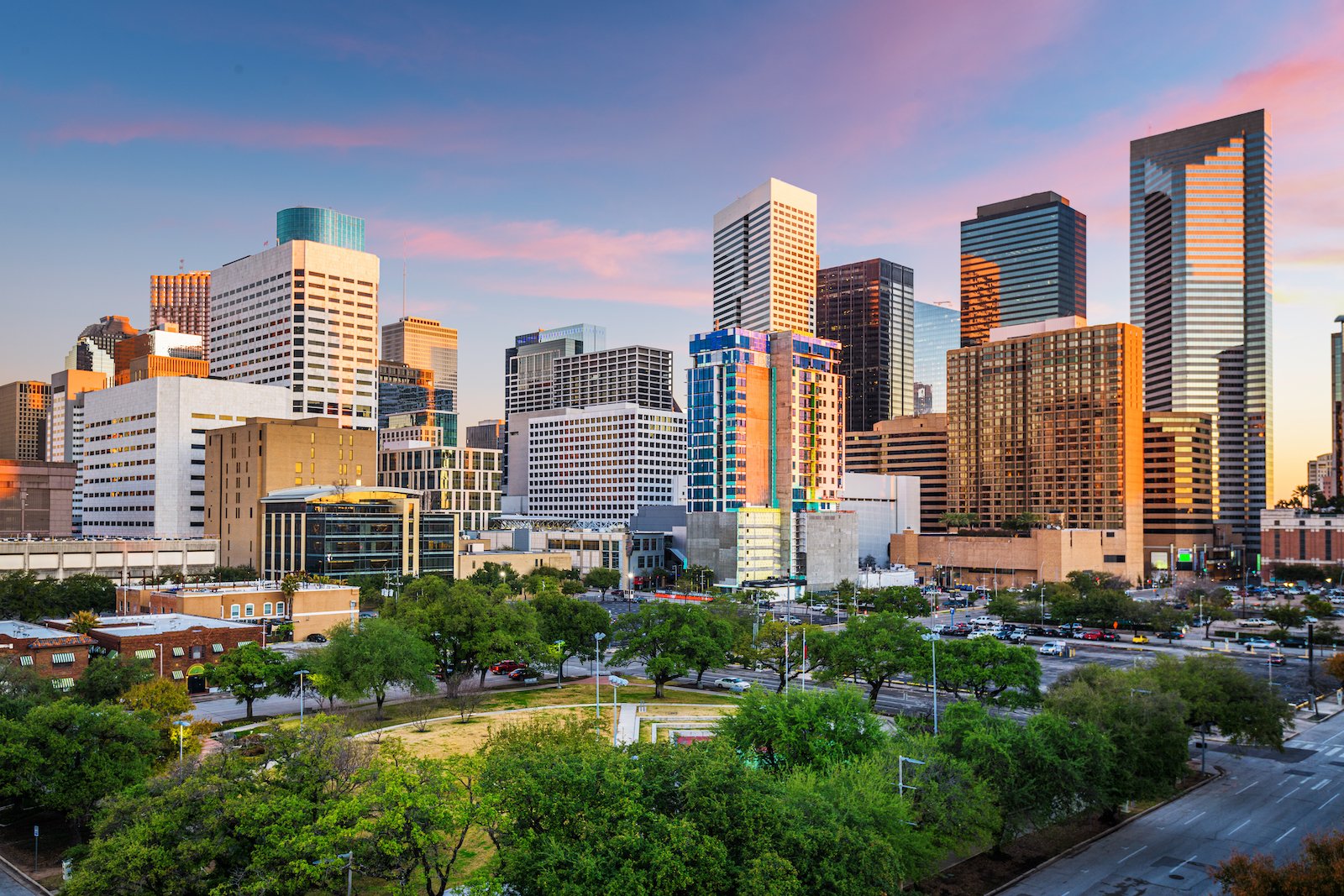
Founded in 1826 by John Richardson Harris, Houston was initially known as Harrisburg, situated on the banks of Buffalo Bayou. However, in 1836, after Texas won its independence from Mexico, two brothers, Augustus and John Allen, sought to establish a new city nearby. They chose a site a few miles upstream from Harrisburg. They named their new settlement Houston in honor of General Sam Houston, the victorious commander at the Battle of San Jacinto.
Denver – Originally Montana City
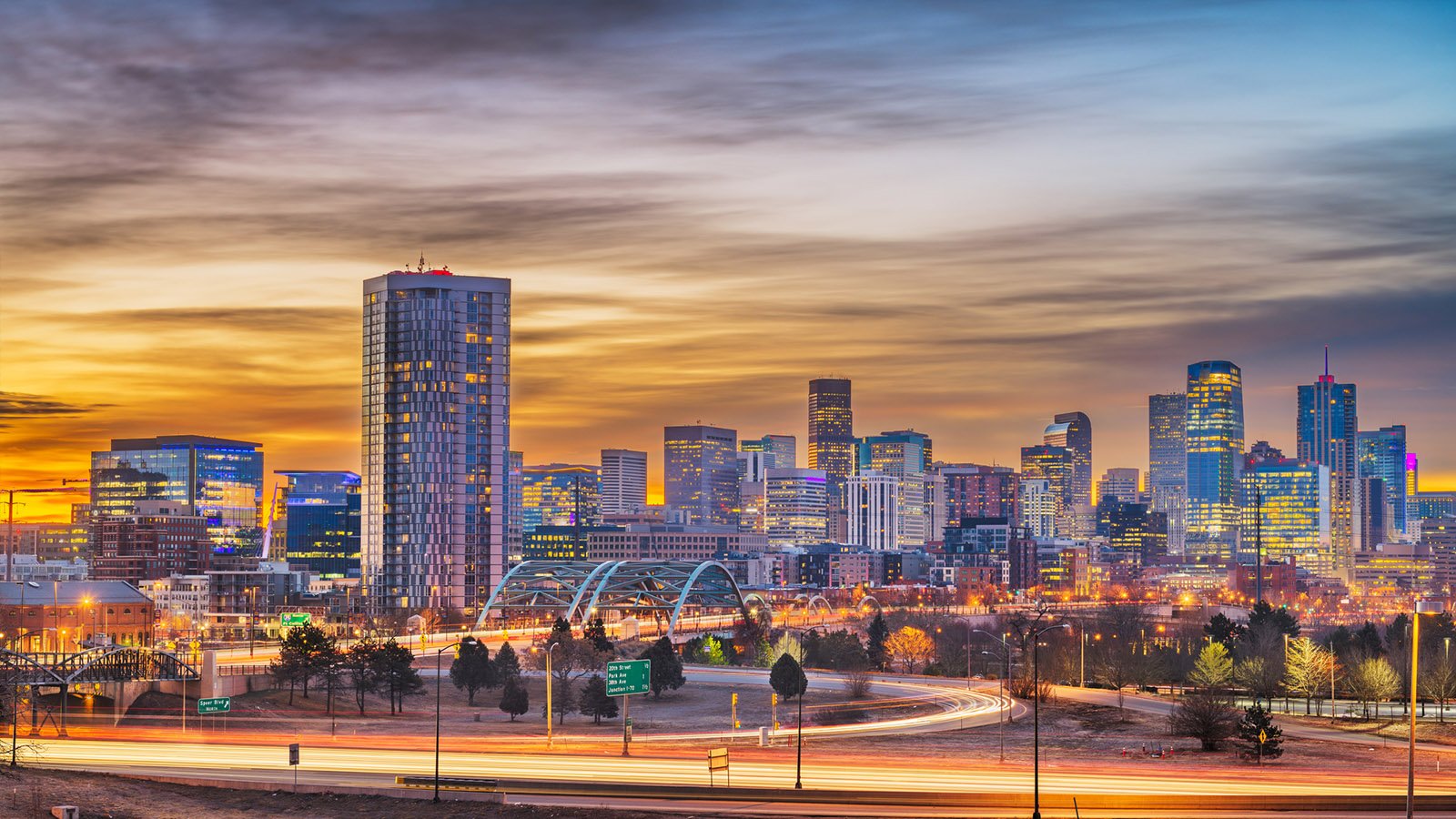
Denver began its history under the name Montana City. Founded in 1858 during the 19th-century gold rush, Montana City was one of the first settlements in the Denver metropolitan area. However, it was quickly abandoned as miners moved to more promising locations. Shortly, Denver City was established on a more strategically advantageous site along the South Platte River and was named after Kansas Territorial Governor James W. Denver.
Seattle – Originally New York Alki
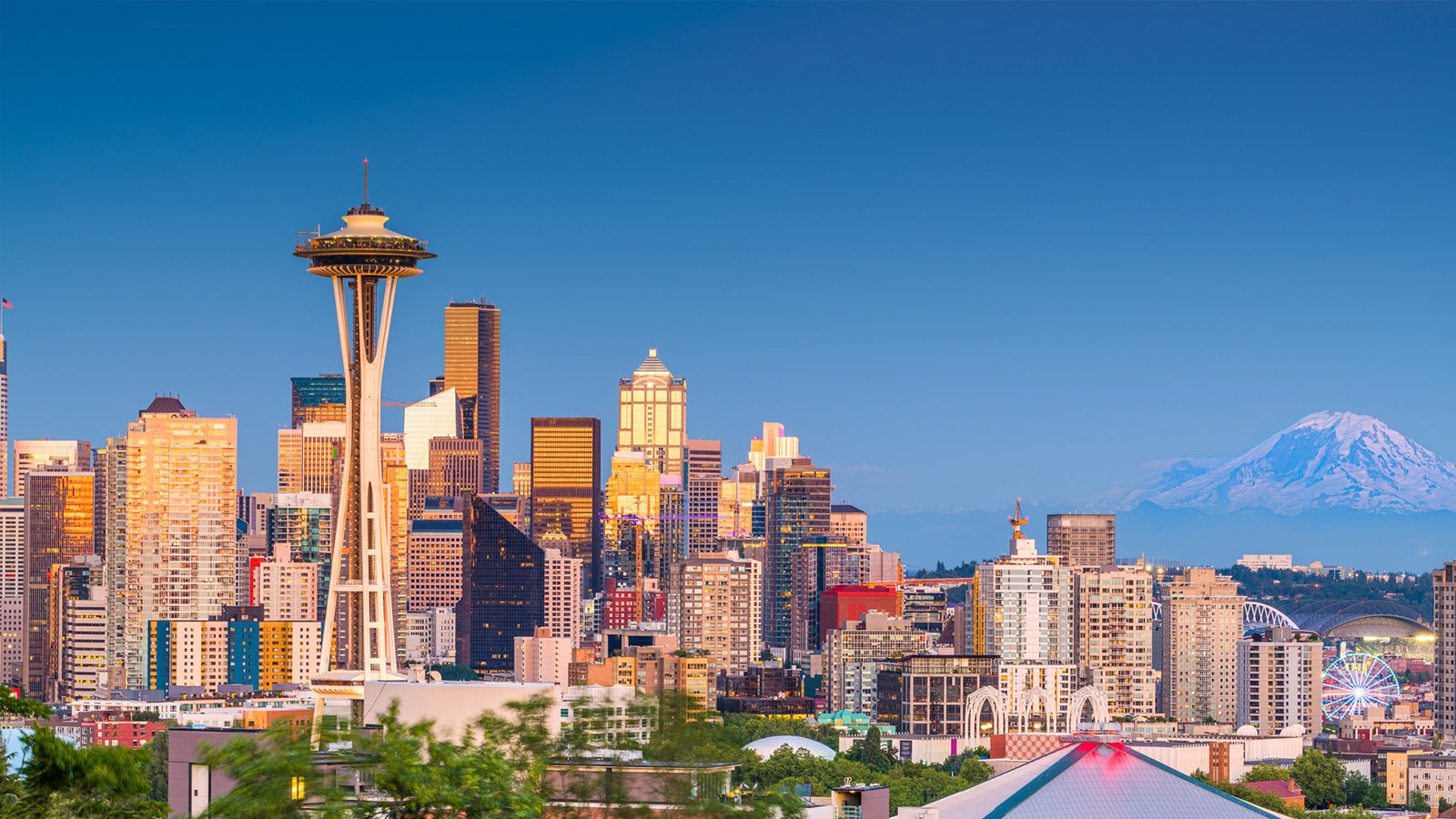
Seattle was originally named New York Alki by settlers in 1851. These pioneers, hailing from New York, added the word “Alki,” meaning “by and by” in the Chinook Jargon, indicating their hopes that the new settlement would eventually grow to rival New York City. However, as the settlement developed, it was renamed Seattle in honor of Chief Si’ahl, a respected leader of the Duwamish and Suquamish tribes native to the area.
Atlanta – Originally Terminus
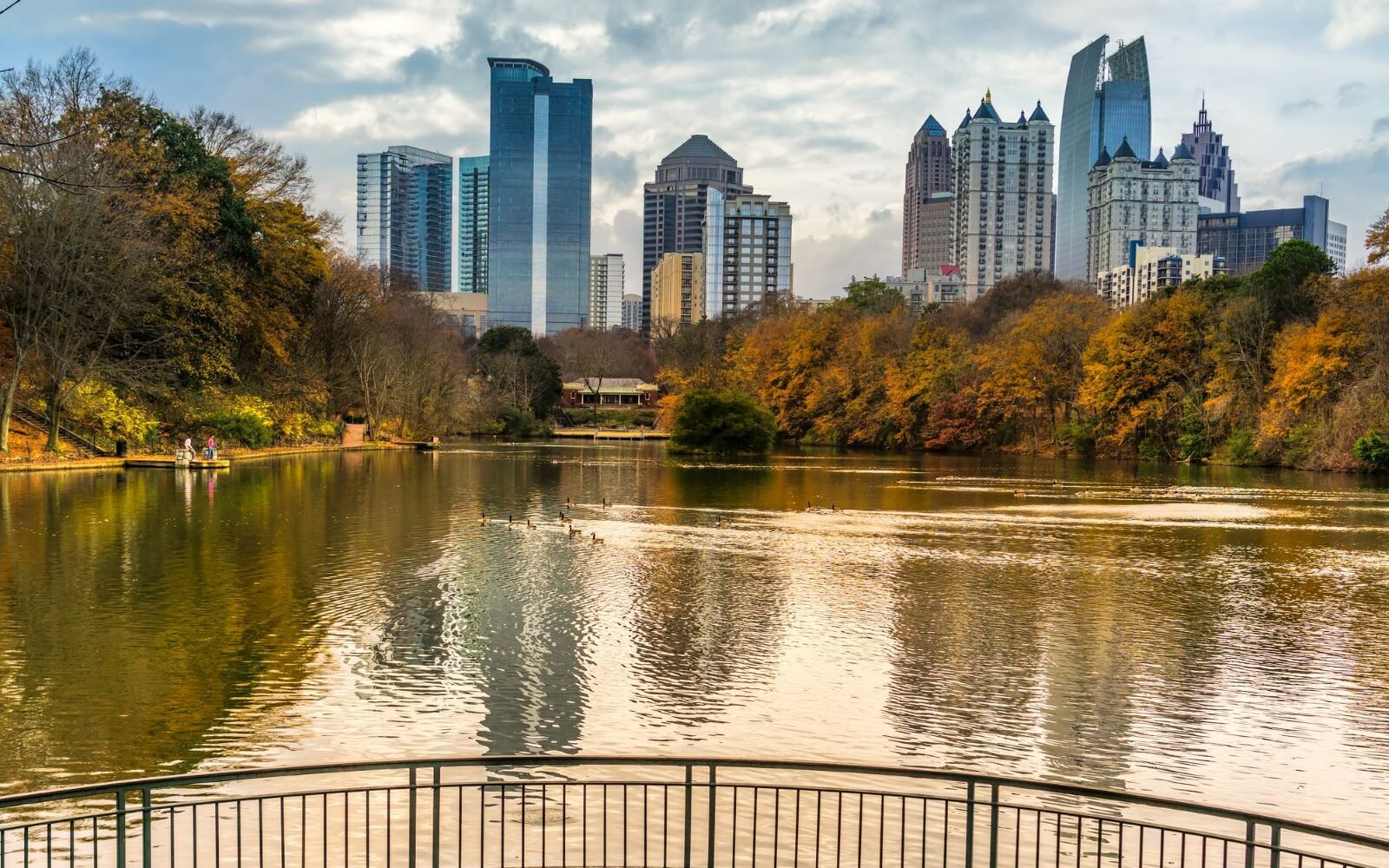
Atlanta began as a small settlement known as Terminus, founded in 1837 at the end of the Western and Atlantic railroad line. The name aptly described the settlement’s role as a transportation hub, serving as the endpoint of several major railroads. As the settlement grew, the name was changed to Marthasville – a short-lived name in honor of the then-governor’s daughter. The city was eventually renamed Atlanta, a shortened version of “Atlantica-Pacifica,” reflecting the settlers’ aspirations to connect the Atlantic and Pacific Oceans.
Detroit – Originally Fort Pontchartrain du Détroit

Originally established in 1701 by French explorer Antoine de la Mothe Cadillac as Fort Pontchartrain du Détroit, “Détroit,” meaning “strait” in French, referred to the narrow waterway connecting Lake Erie and Lake Huron. Over time, the settlement grew beyond its military origins, and the name was shortened to Detroit as it became a key fur trading post and later a significant industrial city. Detroit’s most transformative period came in the early 20th century when it became the “Motor City.”
Miami – Originally Fort Dallas

Miami traces its origins to Fort Dallas, a military post established in 1836 during the Second Seminole War. The fort was located along the banks of the Miami River, a name derived from the Mayaimi tribe that once inhabited the region. As the conflict subsided, the area began to attract settlers, and the name Miami gradually replaced Fort Dallas. The city’s growth was further spurred by the arrival of the railroad in the late 19th century, which transformed it into a key trading hub.


